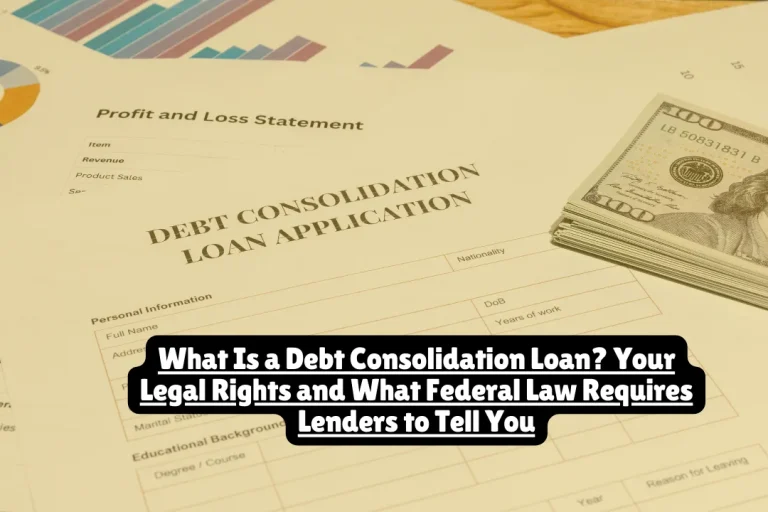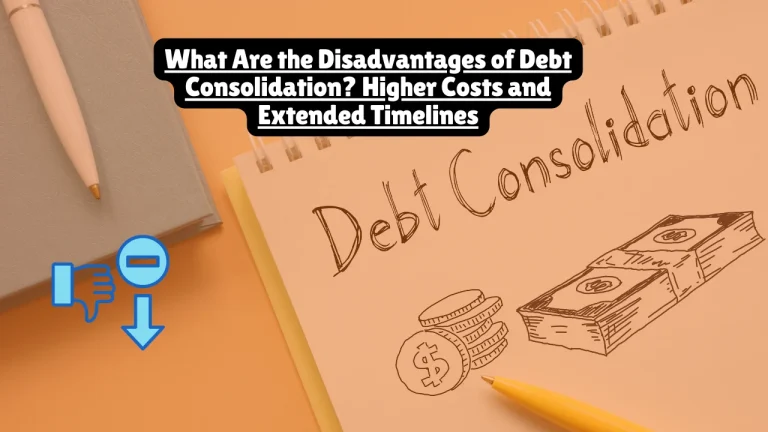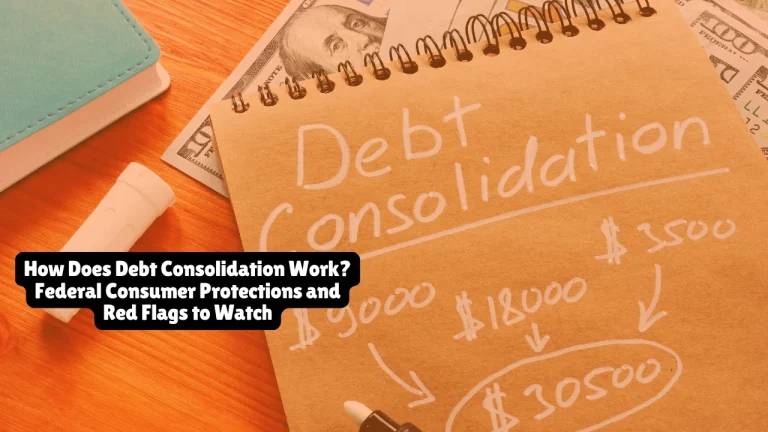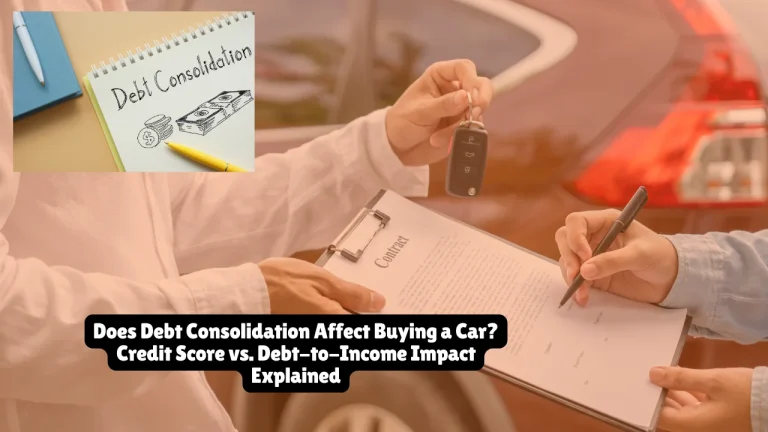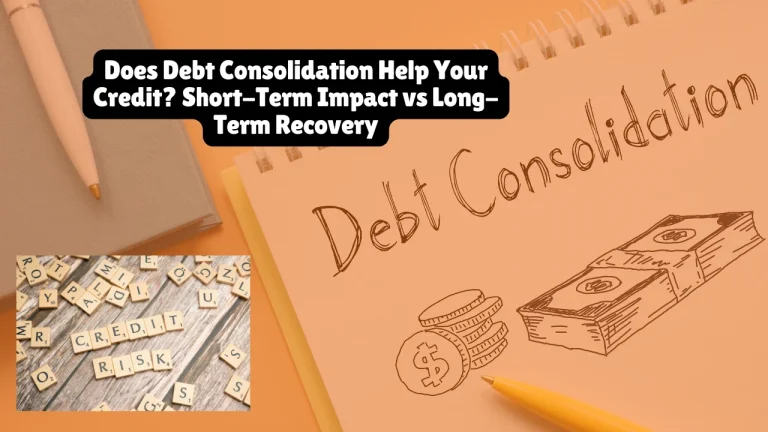How Much Is the Payment on a $50,000 Consolidation Loan? What Federal Law Requires Lenders to Disclose Before You Sign
Monthly payments on a $50,000 consolidation loan typically range from $450 to $1,100 depending on your interest rate, loan term, and fees—but here’s what matters more: federal law requires lenders to disclose your exact payment amount, APR, and total interest cost before you sign. According to the Consumer Financial Protection Bureau, lenders who fail to…



